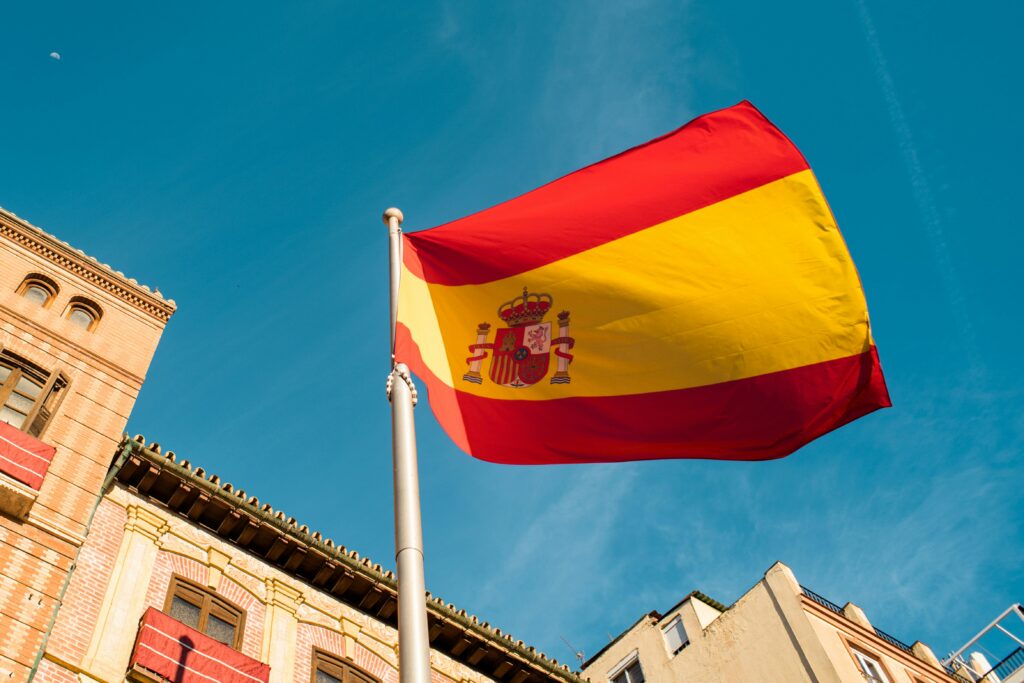Spain Makes Carbon Reporting Mandatory in New Climate Emergency Plan

- Companies must begin Scope 1 & 2 carbon reporting in 2026, with Scope 3 requirements phased in from 2028.
- A new State Agency for Civil Protection and Emergencies and stricter land-use rules aim to boost climate resilience.
- Spain accelerates solar, green hydrogen, and clean tech investments as part of its €32 billion climate agenda.
Spain has launched a sweeping climate emergency plan that tightens corporate disclosure rules and ramps up its clean energy transition, following wildfires that burned more than 300,000 hectares. The strategy accelerates Spain’s decarbonization timeline while aiming to shield the economy from escalating climate risks.
A central change is the immediate introduction of mandatory carbon reporting. Companies will need to report in 2026 on 2025 data, covering Scope 1 and Scope 2 emissions. Large entities must include Scope 3 reporting from 2028. From 2026, businesses will also be required to submit greenhouse gas reduction plans with at least five-year horizons.
“Engagement this year is critical,” the plan notes, as the reporting rules apply retroactively to 2025 performance.
The plan also establishes a new State Agency for Civil Protection and Emergencies with permanent staff, a national climate refuges network, and stricter forest management regulations. Construction in high-risk zones will face new restrictions, reshaping housing and land-use policy.
RELATED ARTICLE: Spain Approves Nearly 300 Renewable Power Projects With $18 Billion Investment
On the energy front, Spain is doubling down on its renewable ambitions. More than 5 GW of solar projects entered permitting in the first seven months of 2025, with 21,368 MW of additional solar capacity needed by 2030. The country is also targeting 12 GW of hydrogen electrolysers by 2030 and already represents 20% of EU green hydrogen projects.
Spain’s 2050 goal calls for renewables to supply 100% of electricity and 97% of the total energy mix. By 2030, it expects renewables to reach 81% of power generation and deliver a 32% cut in greenhouse gas emissions. Already, more than half of Spain’s electricity comes from renewables.
The stakes are high. Climate-related disasters have cost the country €32 billion over the past five years. At the same time, Spain is betting on its climate agenda to fuel growth, with nearly $32 billion in clean technology investments already unlocked under its recovery plan.
For businesses, the message is clear: Spain intends to become Europe’s clean energy powerhouse. That means companies must adapt to the regulatory shift and seize opportunities in one of the EU’s most ambitious decarbonization markets.
Follow ESG News on LinkedIn










